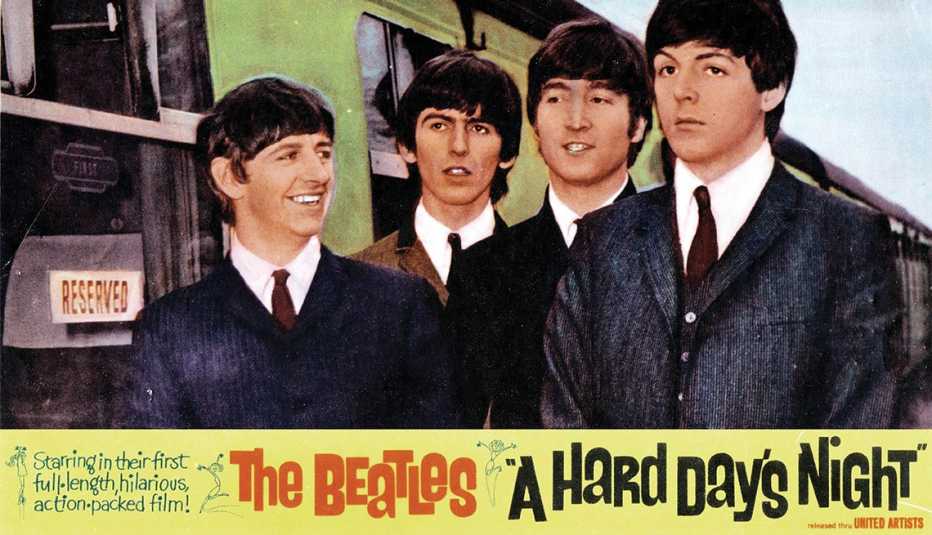AARP Hearing Center


Capture by the enemy is a searing experience. Throughout history, prisoners of war have drawn on their reservoirs of mental toughness and ingenuity by communicating in code, telling imaginative stories, recalling events from home and teaching each other skills.
Music has always been a part of this. Here are seven songs that POWs used to survive:
‘Old MacDonald Had a Farm’ (traditional)
Seaman Apprentice Douglas Hegdahl was blown overboard by a 5-inch gun blast, falling from the USS Canberra into the Gulf of Tonkin on April 6, 1967. An accomplished swimmer, the 20-year-old survived in the water for 12 hours before being captured.
Once inside the infamous Hỏa Lò Prison, better known as the Hanoi Hilton, he managed to fool his captors into thinking he was illiterate and had learning difficulties. The North Vietnamese gave him the nickname “The Incredibly Stupid One” and gave him free rein around the prison.
In fact, Hegdahl was gathering intelligence the whole time and memorized the names of the 256 other POWs to the tune of "Old MacDonald Had a Farm." Hegdahl did not want to be freed as part of an enemy propaganda move but was ordered by the senior American POW to accept a compassionate early release in 1969 so he could pass information back to U.S. commanders.
Not only had Hegdahl memorized the names but also identifying details such as the Social Security numbers and family pets of his comrades.
‘Seminole Wind’ (John Anderson)
On Oct. 3, 1993, Chief Warrant Officer 3 Mike Durant’s MH-60L Black Hawk, with the callsign Super Six Four, was shot down during the Battle of Mogadishu in Somalia. He was brutally beaten, shot and held captive for 11 days.
Durant was lying in his cell on what would be his final day as a POW. Listening to the Armed Forces Network on the radio, he heard a dedication “to Mike Durant from Donovan Briley.”
The song was John Anderson's haunting “Seminole Wind,” about the loss of American Indian lands. It had been the favorite of Briley, Durant’s fellow Black Hawk pilot nicknamed “Bull,” who had been flying Super Six One.



































































More From AARP
Gary Sinise Salutes America’s Pearl Harbor Heroes
Only a handful of survivors of that day of infamy are still with usWounded in Korea, Praised by MacArthur and Still Going Strong
Back in 1950, serving in a segregated unit was ‘just status quo’10 Holiday Shopping Tips to Get the Most from Veteran Discounts
The deals are out there, but you need to be smart to land the best onesHe Lost a Leg in Combat, But It Only Spurred Him On
Brad Halling paved the way for other amputees to keep serving in the U.S. militaryRecommended for You